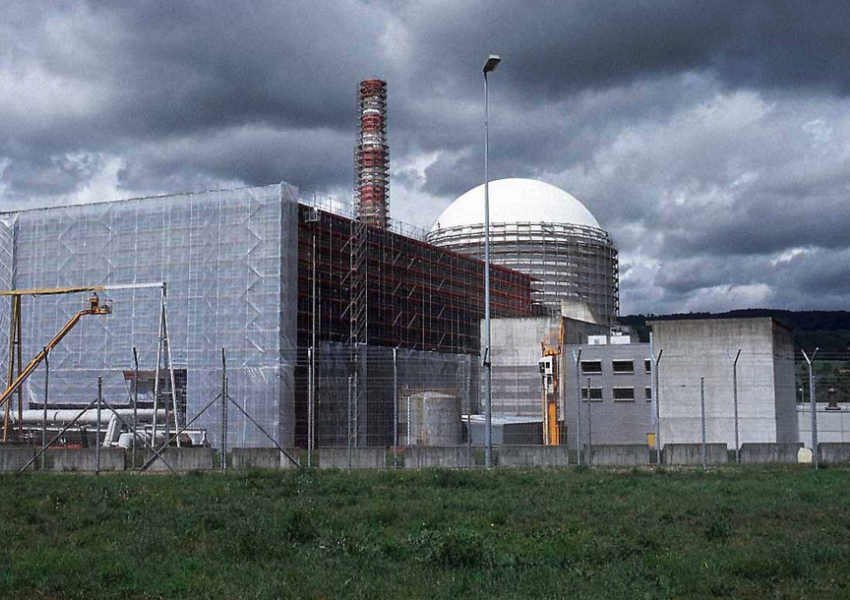
US Sanctions May Close Iran’s Only Nuclear Power Plant
Mahmoud Jafari, deputy chief of the Atomic Energy Organization of Iran (AEOI), warned Monday [March 29] that the Bushehr nuclear power plant faced a risk of shutdown in coming months due to difficulties procuring equipment in the face of United States banking restrictions threatening payments to Russian contractors.
The deputy chief of the AEOI defended nuclear power as more trustworthy than using fossil fuels, whose supply could be affected by various factors. He referred to electricity shortages last winter caused by higher domestic demand for natural gas that brought some power plants to a standstill or led them to use highly polluting mazut fuel.
Iranian power plants can also use natural gas, but its production is gradually declining due to lack of investments and new technologies. Blackouts last winter indicated a shortage of natural gas supplies and many power plants switched to mazut fuel. Iran is also falling behind its natural gas exports to Iraq as it has no Western partners to invest money and know-how in its large gas deposits.
According to Jafari, the plant has until now produced 43.4 billion kw (kilowatts) of electricity with a value of $4.5 billion calculated at oil costing $60 per barrel. Jafari said the Bushehr plant had met 2-2.4 percent of national demand for electricity in the past five years and so saved around 12 billion barrels of crude oil annually.
In February 2019, Ali Akbar Salehi, head of the AEOI, and AEOI spokesman Behrouz Kamalvandi criticized the government for allocating insufficient funds to the power plant while purchasing its electricity at prices meeting only one-third of the costs of running the plant. According to Salehi, the Ministry of Energy paid around half a cent per kwh (kilowatt per hour) of the electricity produced by the plant while exported electricity at 9 cents per kwh.
Construction of the Bushehr plant, the first civil nuclear power plant in the Middle East, was started in 1975 by German companies but halted after the 1979 Revolution. Work resumed with the help of Russia's Atomstroyexport in 1995. The plant joined the national grid in September 2011, using Russian nuclear fuel, and has been producing electricity commercially since September 2013.
The plant is 17 km (11 miles) south east of the city of Bushehr and has a gross capacity of 1,000 mw (megawatts). Iran and Russia agreed in 2014 to build two new nuclear reactors (Bushehr 2 and Bushehr 3) at the site, with an option of six more at other sites after completing the additional reactors at Bushehr.









